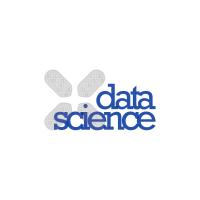Аннотация
A key argument for modeling knowledge in ontologies is the easy
re-use and re-engineering of the knowledge. However, beside
consistency checking, current ontology engineering tools provide
only basic functionalities for analyzing ontologies. Since
ontologies can be considered as (labeled, directed) graphs, graph
analysis techniques are a suitable answer for this need. Graph
analysis has been performed by sociologists for over 60 years, and
resulted in the vivid research area of Social Network Analysis
(SNA). While social network structures in general currently receive
high attention in the Semantic Web community, there are only very
few SNA applications up to now, and virtually none for analyzing the
structure of ontologies.
We illustrate in this paper the benefits of applying SNA to
ontologies and the Semantic Web, and discuss which research topics
arise on the edge between the two areas. In particular, we discuss
how different notions of centrality describe the core content and
structure of an ontology. From the rather simple notion of degree
centrality over betweenness centrality to the more complex
eigenvector centrality based on Hermitian matrices, we illustrate
the insights these measures provide on two ontologies, which are
different in purpose, scope, and size.
Линки и ресурсы
тэги
сообщество
@grahl- тэги данного пользователя выделены
- ontology
- 2006
- sna
- semantic
- myown
- network
- analysis
- web
- nepomuk
- l3s
- social
- semanticweb
- dblp
- wp5
- ontologies
- trias_example
- iccs_example
- socialnetworkanalysis
- sota
- todo
- to-read
- master_thesis
- from:hotho
- proj:bk
- semantic_web
- socialnetworks
- bibsonomy
- from:markusjunker
- ki2007webmining
- link-mining
- semweb
- social-networks
- lang:en






















